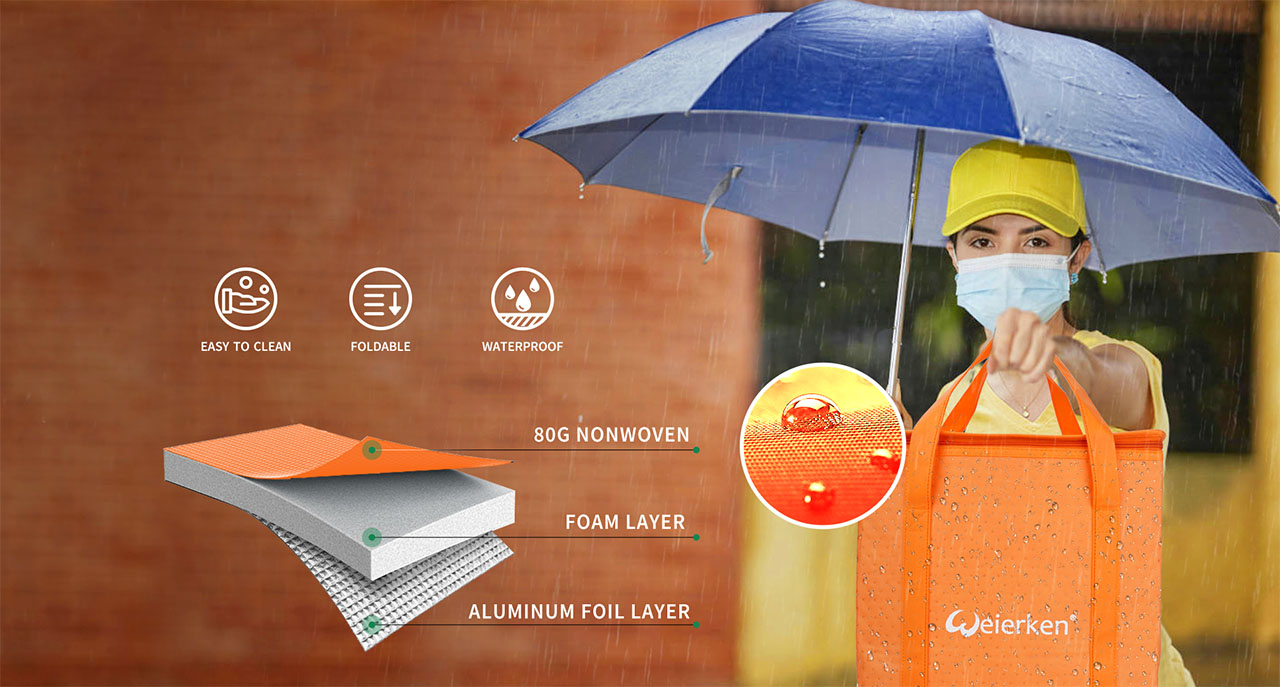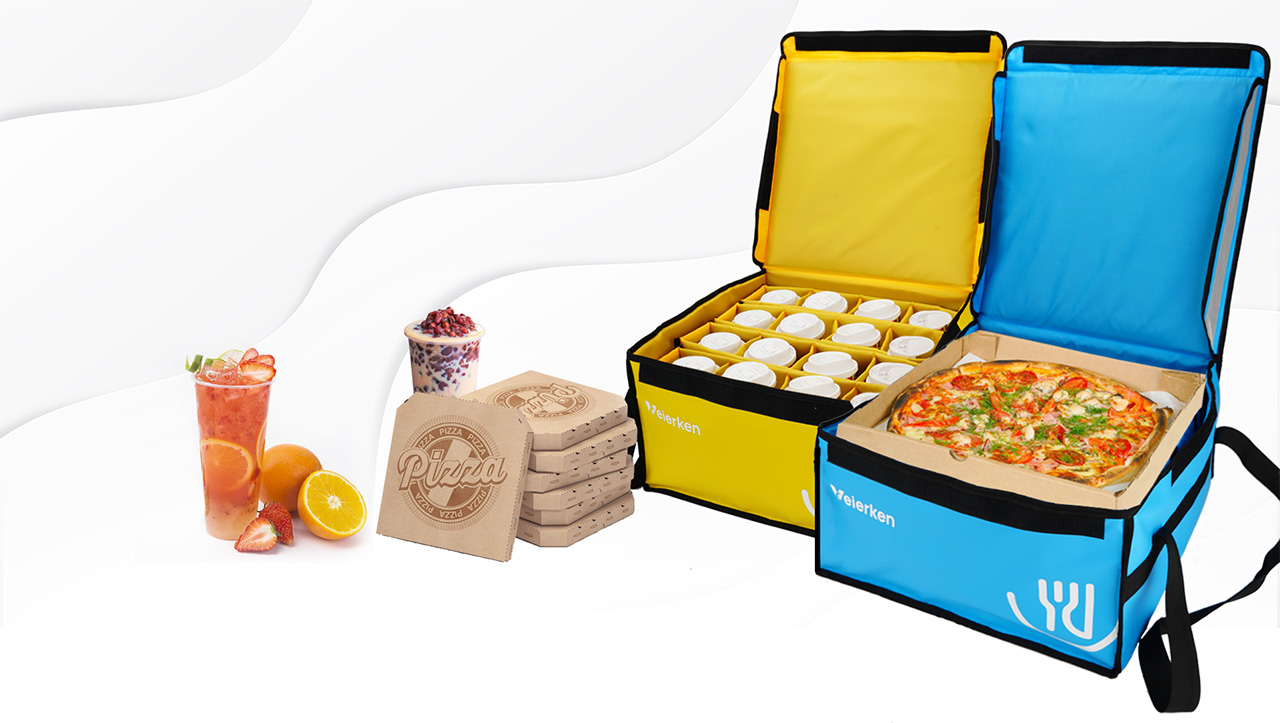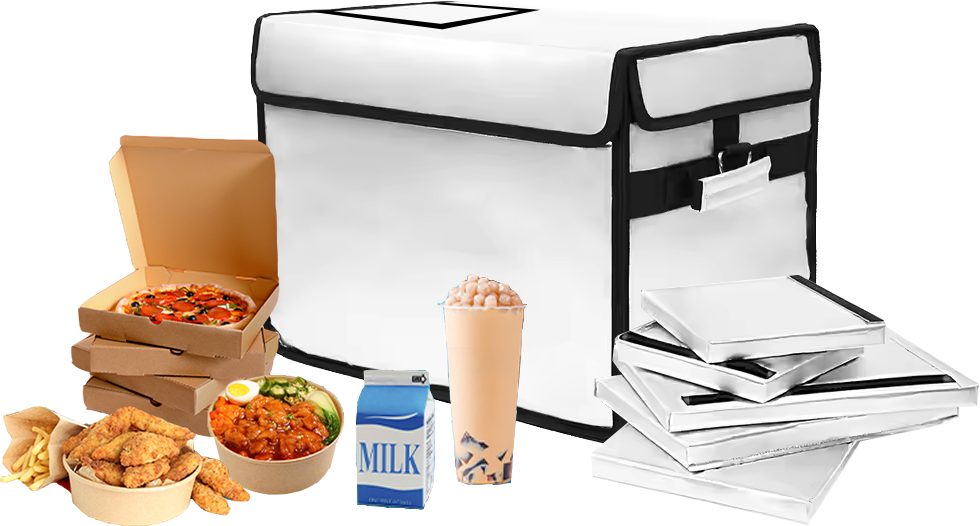As a procurement specialist or brand manager, your sourcing decisions directly impact your brand’s profitability, supply chain resilience, and environmental credentials. The search for reliable eco friendly bag suppliers is more than just finding a manufacturer; it’s about partnering with a strategic ally who understands the complexities of B2B requirements. The market is saturated with options, but navigating it requires a focus on scalability, compliance, and custom manufacturing capabilities—factors that mean little to the end-consumer but everything to you. This guide cuts through the noise, focusing squarely on the critical elements you need to evaluate, from deep OEM/ODM support to verifiable certifications and logistical stability. Whether you are customizing a line of oem cooler bag products or sourcing reusable grocery totes, the framework below will equip you with a professional lens for selection.
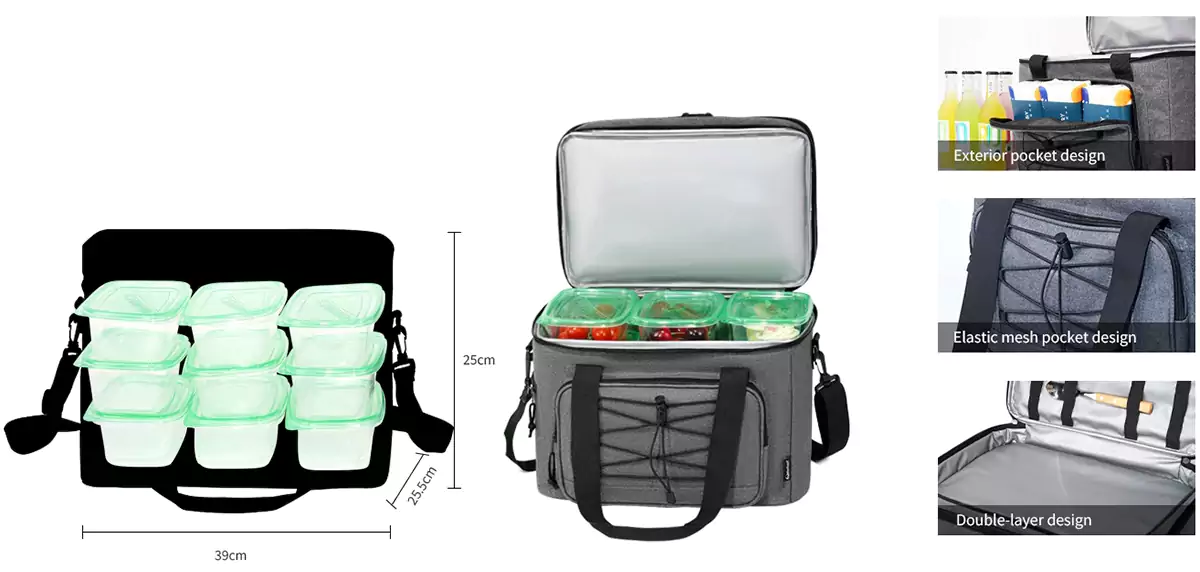
Beyond Price: Core Competencies of Top-Tier Eco Friendly Bag Suppliers
The most competitive eco friendly bag suppliers differentiate themselves through a blend of technical expertise and service-oriented partnership. For brands, this translates into tangible value beyond unit cost.
1. Integrated R&D and Customization Support (OEM/ODM)
Your supplier should act as an extension of your product development team. Look for partners who offer:
- Market-Informed Design Support: They should provide insights based on current retail trends, material innovations, and durability testing. For instance, when developing an oem cooler bag, a proficient supplier will advise on the most effective insulation materials (like PEVA or recycled PET foam) and leak-proof sealing techniques for your target market.
- Rapid Prototyping and Iteration: The ability to quickly turn your CAD drawings or concepts into physical samples is crucial. A professional supplier will have a dedicated sample room and communicate clearly about the feasibility of your designs, suggesting adjustments for cost-effectiveness or enhanced functionality.
- Comprehensive OEM/ODM Services: Whether you provide complete technical drawings (OEM) or just a concept (ODM), the supplier must be flexible. This includes creating custom patterns, sourcing specific fabrics like GRS-certified rPET or rCotton, and developing unique printing solutions.
2. Navigating the Complexities of Environmental Compliance
“Eco-friendly” is a broad term. Professional B2B buyers need concrete, verifiable proof. Leading eco friendly bag suppliers will be transparent about their materials and certifications.
- Material Traceability: Insist on suppliers who can provide proof of origin for their recycled materials. Fabrics like RPET (Recycled Polyethylene Terephthalate) should be backed by a GRS (Global Recycled Standard) certificate, which tracks the recycled content through the supply chain.
- Chemical and Social Compliance: Key certifications to look for include:
- REACH: Ensures the restriction of hazardous substances in products, critical for European markets.
- BSCI (Business Social Compliance Initiative): Audits and improves social standards in the factory, mitigating reputational risk for your brand.
- FDA Compliance: Particularly important for oem cooler bag products or bags that may come into contact with food.
- Sustainable Trends They Should Master: Your supplier must be knowledgeable about materials like rPET, rCotton, PLA (polylactic acid from cornstarch), and even water-based PU leather alternatives.
3. Supply Chain Reliability and Production Lead Times
A great product is useless if it arrives late. In the world of promotional calendars and seasonal peaks, logistical dependability is non-negotiable.
- Realistic Delivery Windows: A professional supplier will be transparent about production cycles, typically ranging from 25 to 65 days, depending on order complexity, material availability, and customization level. They should provide a detailed production schedule.
- Handling Peak Season and Rush Orders: Inquire about their capacity for旺季补单 (peak season replenishment orders). Do they have buffer stock of common fabrics? Can they activate overflow production lines? Their ability to accommodate urgent requests without compromising quality is a key indicator of a robust operation.
- Quality Control Infrastructure: Ask about their in-process QC checks. Are there inspections at the fabric cutting, printing, sewing, and final packaging stages? A supplier with a multi-stage QC protocol minimizes the risk of defective goods reaching you.
Aligning Your Business with the Right Supplier Type
Not all eco friendly bag suppliers are created equal. Your specific needs will determine the best fit.
- For Large-Scale Retail Brands: Prioritize suppliers with ISO 9001 certification (quality management systems), BSCI audits, and massive production capacity. They must demonstrate a track record of handling seven-figure orders with consistent quality and on-time delivery.
- For Eco-Conscious Startups and DTC Brands: Look for suppliers strong in ODM services and small-batch production. They should be experts in niche, premium materials (e.g., GOTS organic cotton, high-quality rPET) and offer lower Minimum Order Quantities (MOQs) to help you scale.
- For Promotional Product Companies: Speed, flexibility, and a wide range of decoration techniques (screen printing, heat transfer, custom labels) are key. The ideal supplier can efficiently produce smaller runs of many different designs.
Conclusion: Building a Partnership, Not Just Placing an Order
Sourcing from professional eco friendly bag suppliers is a strategic decision that affects your bottom line, brand reputation, and environmental impact. By meticulously evaluating partners on their R&D capabilities, verifiable environmental compliance, and proven supply chain reliability, you move beyond transactional purchasing. You secure a partnership that can drive innovation, mitigate risk, and help your brand meet the growing demand for responsibly made products, from custom totes to high-performance oem cooler bag solutions.
Frequently Asked Questions for Sourcing Eco Friendly Bags
Q1: What is the typical minimum order quantity (MOQ) for custom eco-friendly bags?
MOQs vary significantly among eco friendly bag suppliers, typically starting from 500 to 5,000 pieces per design/style. This depends on the bag’s complexity, materials used, and customization level. It’s always best to discuss your specific project for an accurate MOQ.
Q2: Can you produce bags according to our custom designs and specifications?
Yes, professional suppliers specialize in OEM/ODM services. You can provide your own technical drawings and designs (OEM), or you can share your concept and let their design team develop the product for you (ODM), including material selection and pattern making.
Q3: What is the difference between RPET and regular PET, and is it durable?
RPET is made from post-consumer recycled plastic bottles, while virgin PET is derived from new petroleum. The quality of rPET has advanced significantly, and when woven into fabric, it offers comparable durability and strength to virgin PET, making it an excellent and sustainable choice for bags.
Q4: What certifications are most important for exporting to the European and North American markets?
For Europe, REACH is crucial for chemical compliance. For both markets, BSCI is highly respected for social accountability, and the GRS certificate is the gold standard for verifying recycled content. FDA is important for any bag with food contact, like a lunch cooler bag.
Q5: What is your production lead time, and how do you handle quality control?
A standard lead time is between 25 to 65 days. Reputable eco friendly bag suppliers implement a multi-stage quality control process, including raw material inspection, in-line production checks, and a final random inspection before shipment to ensure the products meet your specifications.
